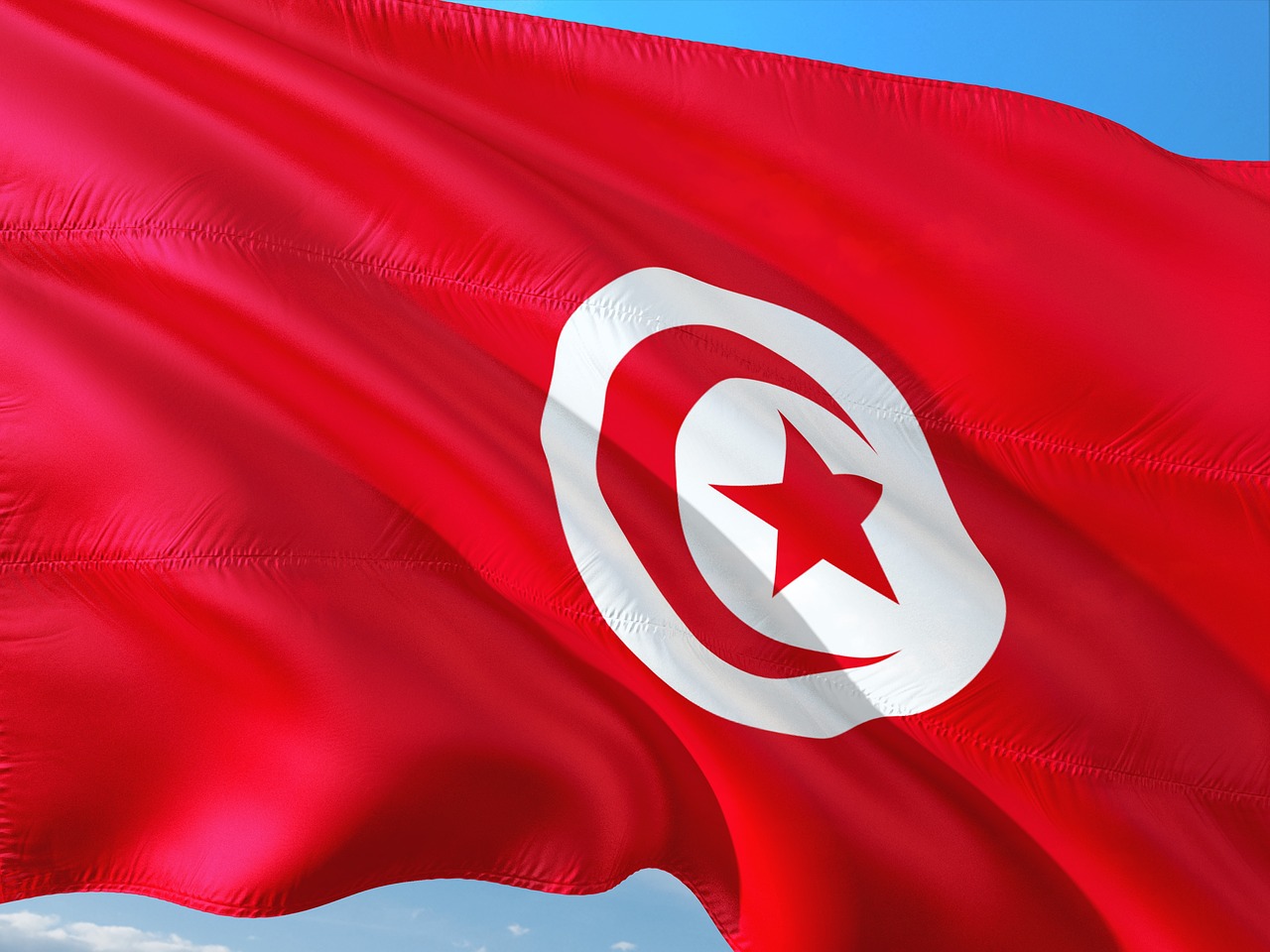Tunisian protesters gathered in the capital in support of President Kais Saied on Sunday amid an unprecedented nationwide strike and protest from lawyers following the violent arrest of lawyer Sonia Dahmani.
Around a hundred protesters gathered in front of the Municipal Theatre of Tunis, a main point for protests, carrying banners condemning foreign interference in the country’s domestic affairs, the presence of migrants and affirming Tunisia’s independence and sovereignty. Among the protestors were members of the local council and deputies of the Assembly of the Representatives of the People.
The Tunisia Lawyers Council organized the strike in response to the raid of the Bar Association offices in Tunis by Masked security forces that lead to the arrest of Dahmani over public remarks she made about migration in the country on a local television program last week. She was charged with distributing false information and disrupting public order under Decree 54, a national law that purports to combat disseminating false information and rumors on the internet.
The arrest prompted international condemnations from organizations such as Amnesty International, who condemned the lawyer’s arbitrary detention and urged authorities to “immediately and unconditionally release Sonia Dahmani as she is detained solely for peacefully exercising her right to freedom of expression and drop the baseless criminal investigation against her.”
French authorities expressed concerns over Dahmani and other journalists and lawyers’ arrests, saying that the freedom of assembly and freedom of expression, as well as the independence of the judiciary and the rights of the defense, are consecrated by the Tunisian Constitution and UN conventions to which the country is signatory. Furthermore, the European Union expressed concerns, asking for clarifications from Tunisian authorities on the arrests. US State Department spokesperson Vedant Patel said the government is “engaging directly with the Tunisian Government at all levels in support of human rights, including the freedom of expression” and added that the arrests are “inconsistent with what we think are universal rights that are explicitly guaranteed in the Tunisian constitution.”
President Saied spoke against foreign interference in Tunisia’s internal affairs following condemnations relating to the arrest and criticized Western countries’ handling of pro-Palestinian protests.


